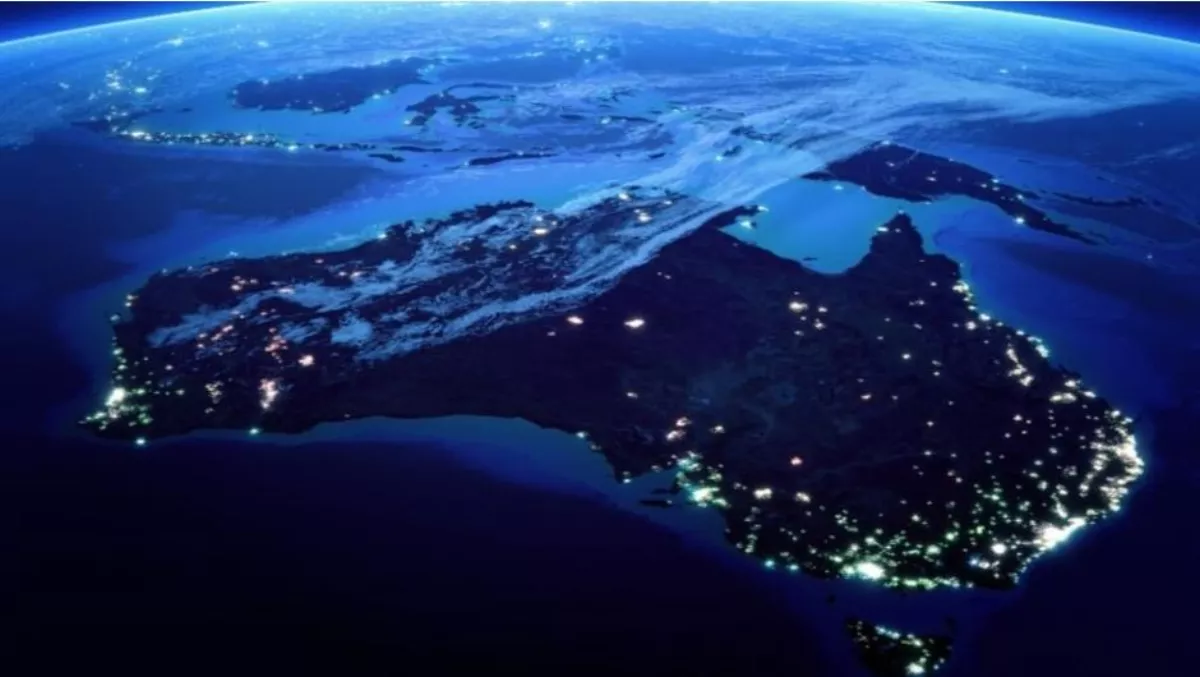
Oz’s internet needs a helping hand, a new study shows
Australia's internet access has been ranked 25th overall and 23rd among high-income countries in the second The Inclusive Internet Index, commissioned by Facebook and conducted by The Economist Intelligence Unit.
The yearly report aims to provide insight into the inclusion of the internet at a national level across 86 countries, 30 of which are considered 'high-income'.
As a country that is an early and enthusiastic adopter of the cloud and digital transformation, it is important that access to the internet meets the expectations that are going to continue to rise as the industry moves forward.
The data and trends can be looked at holistically in order to identify opportunities for providers and partners across the Australian IT industry.
Each country is rated across four areas - Availability, Affordability, Relevance and Readiness.
"Australia's overall ranking of 25th out of 86 gets a boost from its solid infrastructure, ranked 3rd globally," The Inclusive Internet Index website's Australia overview says.
This brings its Availability score, which looks at usage, quality, infrastructure and electricity, up to 12th overall.
"The country's Relevance is relatively poor, ranked 24th among 30 high-income countries, notwithstanding strong scores for the quality of e-Finance and e-Health," the site continues.
Relevance measures the amount of content that is in local languages and that delivers relevant news and information.
"A weak government e-inclusion strategy and lack of a national digital identification system are areas for improvement," the overview concludes.
Australia comes in 28th overall for Readiness and for Affordability.
Readiness is the measure of the Australian peoples' internet literacy, trust in and safety of the internet, and national policies for safety.
Affordability looks at the price relative to income and how competitive the marketplace is.
Sweden is the number one ranked country overall, although it does not come first in any particular category.
There are five key findings in The Inclusive Internet Index 2018: Executive Summary that was written by The Economist Intelligence Unit and provides a general analysis of the data.
First, "Internet connectivity grew 8.3% over the past year, with a 65.1% increase in low-income countries.
This leads to the second finding - "The mobile Internet gap between the rich and poor is shrinking" as 4G coverage increases and the average cost of mobile connections decreases.
Third, "The gender gap in Internet inclusion is still far too pervasive," with it being 33.5% more likely that any man has internet access than any woman.
An important finding to note when considered in conjunction with the fourth - "Internet use is empowering," especially for citizens of AMEA.
Finally and perhaps unsurprisingly, "Privacy and security concerns are limiting the use of the Internet," with 85.2% of users citing privacy concerns, and 46.3% worried about security.


